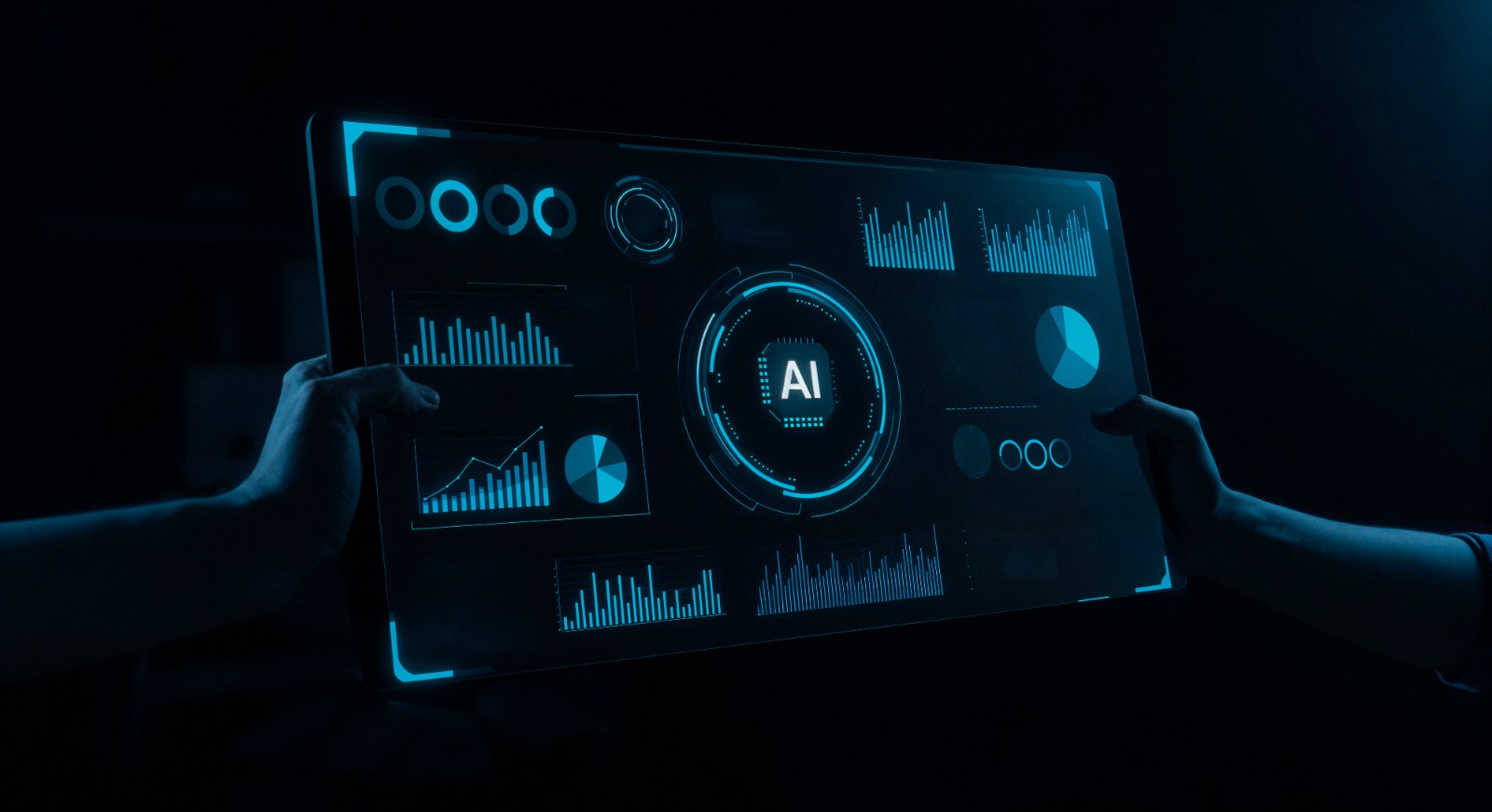The intersection of artificial intelligence and social media continues to reshape how billions of people connect, share, and consume content online. As we move deeper into 2025, several key developments are emerging that will fundamentally change the social media landscape.
Content Creation Gets Smarter
Social platforms are increasingly incorporating AI tools that help users create more engaging posts. From automatic video editing features to intelligent caption suggestions, these capabilities are making professional-quality content accessible to everyday users. Instagram's new AI-powered editing suite and TikTok's enhanced filters represent just the beginning of this shift.
The rise of AI-generated visuals and text is also changing creator economies. Influencers and brands are using these tools to produce content at unprecedented speeds, though questions about authenticity and disclosure remain ongoing challenges for the industry.
Personalization Reaches New Depths
Recommendation algorithms have evolved beyond simple engagement metrics. Modern AI systems analyze viewing patterns, interaction types, and even emotional responses to deliver increasingly relevant content feeds. This sophistication means users spend more time on platforms, but it also raises concerns about filter bubbles and information diversity.
Facebook's recent algorithm updates and YouTube's improved suggestion engine demonstrate how platforms are refining their approach to content discovery, moving from broad demographic targeting to highly individualized experiences.
The Battle Against Harmful Content Intensifies
AI moderation systems are becoming increasingly sophisticated in identifying problematic content, ranging from hate speech to misinformation. These systems can now detect context, sarcasm, and cultural nuances that previously escaped automated review.
However, the challenge of balancing free expression with safety remains a complex issue. Platforms are investing heavily in AI that can understand intent and context rather than just flagging keywords, leading to more nuanced content policies.
Voice and Visual Search Transform Discovery
Social media search is evolving beyond text queries. Users can now search for content using images, voice commands, and even humming melodies. This shift is particularly prominent on platforms like Pinterest and Snapchat, where visual discovery drives user engagement.
These capabilities are creating new opportunities for businesses to optimize their social media presence for different types of search behaviors, requiring fresh approaches to content strategy.
Predictive Analytics Drive Business Decisions
Companies are using AI to forecast social media trends, predict viral content, and optimize posting schedules with remarkable accuracy. These insights help brands allocate resources more effectively and create content that resonates with their target audiences.
The integration of predictive analytics with social commerce is particularly noteworthy, as platforms can now anticipate purchasing intent and surface relevant products at optimal moments in the user journey.
Looking Ahead: What's Next?
Several developments will likely shape social media's future:
Augmented Reality Integration: AR features will become standard across platforms, enabling users to interact with digital objects in real-world environments. Shopping experiences will become more immersive as users can virtually try products before purchasing.
Real-time Language Translation: AI-powered translation will break down language barriers, enabling seamless global conversations and expanding market reach for businesses worldwide.
Enhanced Privacy Controls: As data privacy regulations tighten, AI will help platforms provide more granular control over personal information while maintaining personalized experiences.
Automated Community Management: AI assistants will handle routine community management tasks, from moderating comments to scheduling posts, freeing human managers to focus on strategy and creative work.
Implications for Businesses and Users
Organizations must adapt their social media strategies to accommodate these AI-driven changes. Success will require understanding how algorithms work, creating content that performs well with AI systems, and maintaining authentic connections with audiences despite increased automation.
For users, these developments promise more relevant content and improved safety features, but they also require greater awareness of how personal data is used and shared across platforms.
The convergence of AI and social media represents both opportunity and responsibility. As these technologies continue to advance, the focus must remain on creating positive experiences that bring people together while protecting individual privacy and promoting healthy online communities.
Ecodians Tech Innovators stays at the forefront of technological developments, helping businesses navigate the evolving digital landscape. For more insights on AI and social media trends, follow our blog and connect with our expert team.




